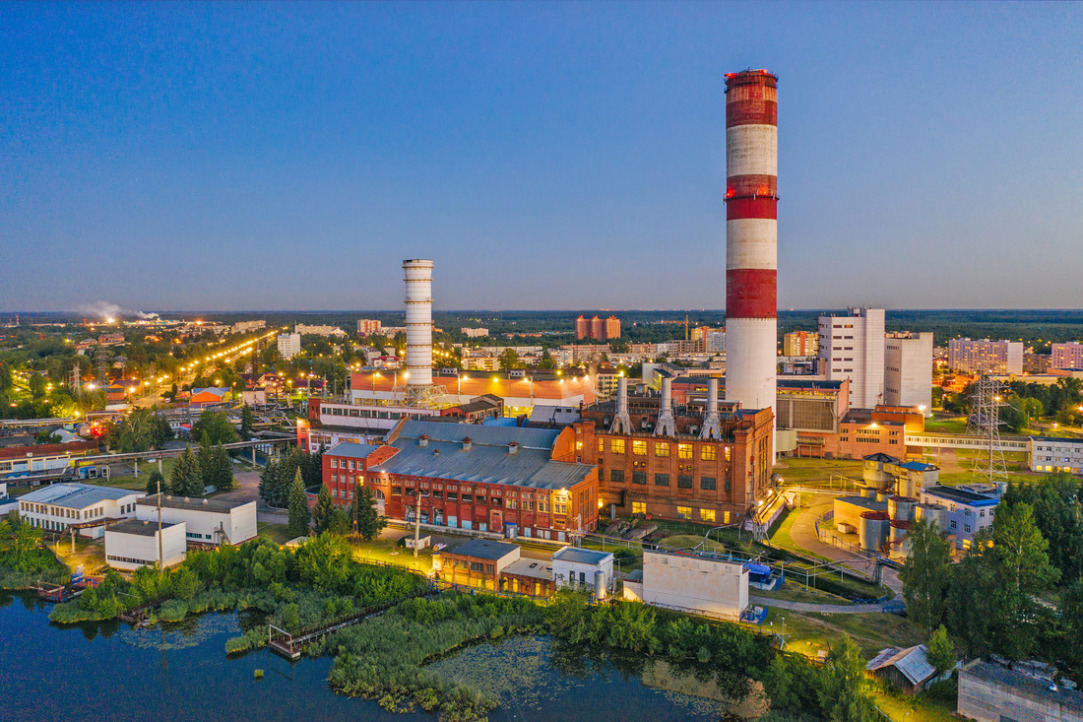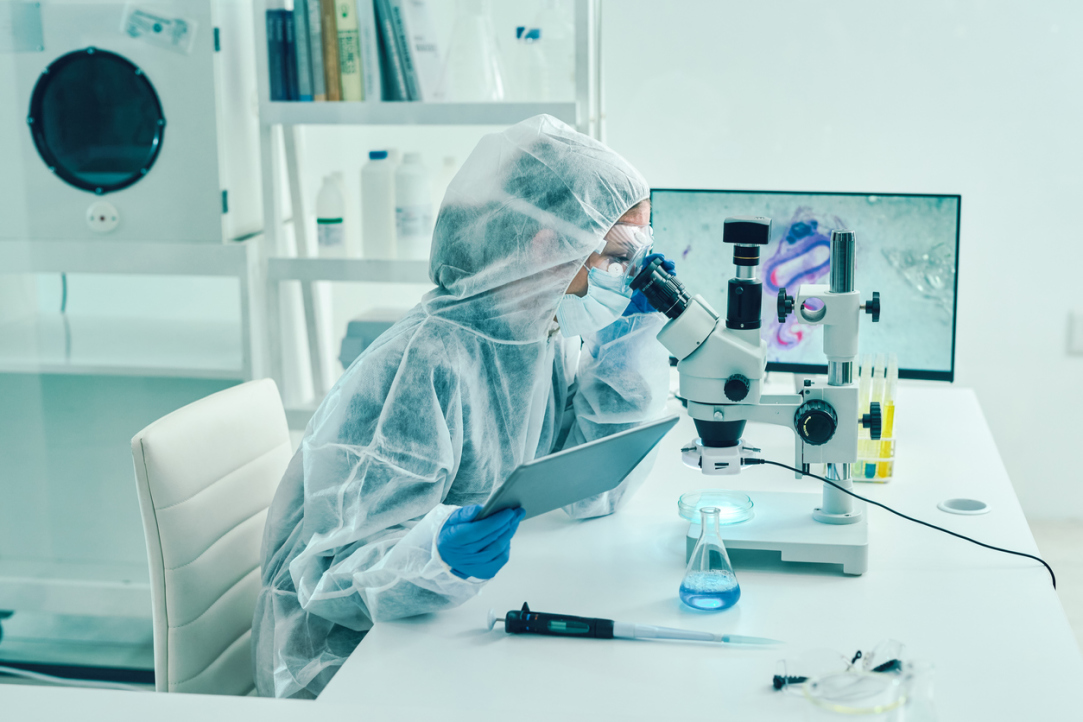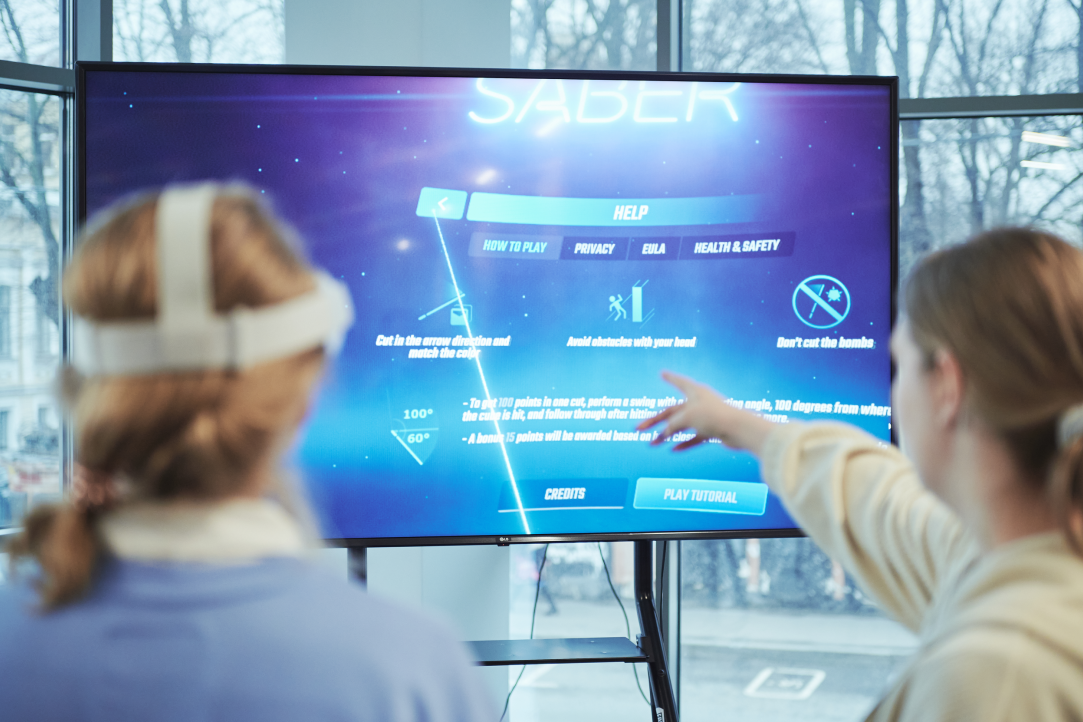
Scientists Propose New Way to Fight Cancer
An international collaboration of scientists, including researchers from the International Laboratory of Bioinformatics of the HSE Faculty of Computer Science, have discovered a promising new approach to killing hard-to-treat melanoma. The team has found that an alternative form of the DNA molecule can induce an immune response in tumours—similar to the body's response to a virus— that causes the death of cells that support tumour growth. As a result, the patient becomes more responsive to cancer therapy. The results of the study have been published in Nature.

It’s Easier to Forgive When You Are Under Chronic Stress
Russian researchers have studied the correlation between personality authenticity (the ability to be oneself) and the ability to forgive under different levels of stress. They found that people experiencing chronic stress are more inclined to forgive, while people affected by everyday stress are less inclined to do so. The ability to forgive promotes authenticity. The results of the study, which have been published in the journal Clinical Psychology and Special Education, can be used in life coaching programmes.

HSE University Researchers Propose Algorithm to Determine Preferences of Smartphone Users
Mathematicians from HSE University in Nizhny Novgorod have developed a new way to predict the preferences of mobile device users. The method, which is 2–12% more accurate than known analogues, is based on simultaneous recognition of objects, faces and scenes in a smartphone’s photo gallery and on a remote server. The algorithm can be used to personalise services and offer recommendations tailored to a particular person. The article was published in the Pattern Recognition journal.

HSE University Researcher Discovers an Unknown Building by a German Architect in Moscow Region
Rational architecture, a focus on functionality, and a cutback on ornamentation—these factors made the Electroperedacha power station an important early-20th-century achievement in the development of architecture, urban development, and the power industry. The architect of the building turned out to be Hermann Muthesius, a renowned German public figure and one of the founders of the Deutscher Werkbund. The authorship of the building was determined by a researcher from HSE University using original blueprints from the archive of the Mosenergo power supply company. The results of the study were published in Articult.

Researchers Observe a Gender Gap in the Gig Economy
Researchers from the HSE University Institute of Education have studied data on the work schedule of teachers in an online English-language school and have shown that women aged 25–35 work less than men. This is connected to lower workloads in the evenings. The article ‘Women in gig economy work less in the evenings’ has been published in Scientific Reports.

Users Better Recognise Neutral Banner Ads
Marketers often make ads bright and catchy. However, scientists from HSE University have found out that banner advertising on websites should be neutral in order to influence users more effectively. The results of the study have been published in the Frontiers in Psychology journal.

Mathematical Model Helps Solve 'Organiser's Dilemma'
Researchers from the HSE International Laboratory of Intangible-driven Economy have developed a model for optimising contest prizes for winners and more. The study uses eSports statistics to offer insights into the optimal reward structure for team competitions in a variety of spheres, including corporate and patent battles. The findings from this study have been published in the Journal of Economic Behavior & Organization.

Learning Is Based on Neurons’ Ability to Cooperate for Survival
Exploring the predictive properties of neuronal metabolism can contribute to our understanding of how humans learn and remember. This key finding from a consideration of molecular mechanisms of learning and memory conducted by scientists from Russia and the U.S. has been published in Neuroscience & Biobehavioral Reviews.

Russian Researchers Develop Hybrid Sensor That Can Help Diagnose Cancer
A team of researchers from HSE University, Skoltech, MPGU, and MISIS have developed a nanophotonic-microfluidic sensor whose potential applications include cancer detection, monitoring and treatment response assessment. Today, the device can identify gases and liquids dissolved at low concentrations with a high degree of accuracy. The paper is published in Optics Letters.

HSE University Remains Leader in Four Subjects in AC Expert Research Productivity Rankings
HSE University has taken first place in four subjects in the research productivity ranking of Russian universities published by the Expert analytical centre. The university also placed in the top five in eight other subjects.


Deadline for applications to present academic reports - January 20, 2025